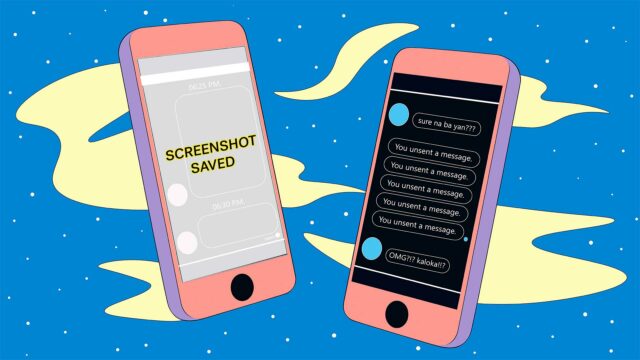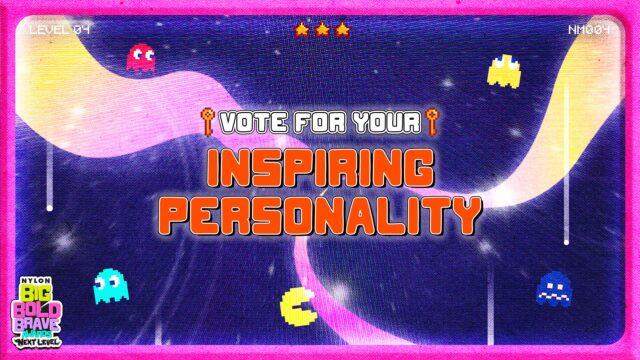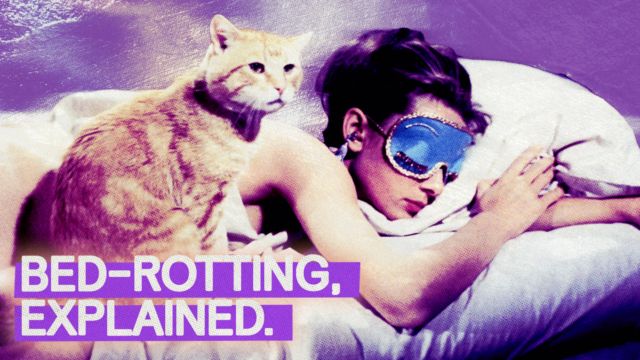No one is safe from having anxiety. Whether it is the fear of an impending work deadline, the piling of bills to pay or even a routine medical check-up, it is generally a common extraction of fear that is stretched out over sporadic periods of time. So, why should we bother then? Simply because it can compound to something greater if not confronted.

A state of mind, if anything, anxieties is a cause for serious attention when the worrying snowballs out of control, becoming excessive, uncontrollable and in extreme cases, unreasonable. “The distinction between an anxiety disorder and just having normal anxiety is whether your emotions are causing a lot of suffering and dysfunction,” says Sally Winston, PsyD, co-director of the Anxiety and Stress Disorder Institute of Maryland in Towson. Physically and emotionally crippling, the mundane anxiety and sadness can take over your sanity, making you lose sleep for starters and grounding you to a point of stupor.

Anxiety disorders include generalized anxiety disorder, panic disorder and agoraphobia (fear of places or situations that cause panic, helplessness or embarrassment), social anxiety disorder, obsessive compulsive disorder and post traumatic stress disorder. The pervasive and more common of all, generalized anxiety disorder begins with a specific root of stress but then it branches out, resulting in occupational, social, emotional and physical debilitation.
This may seem a lot to take in, and may even incite a case of anxiety as you read, but this isn’t meant to plant fear. Consider this a springboard to understand and deal with your emotions, thereby taking command of your well-being, because it is possible to deal with the anxiety firsthand. If seeking professional help isn’t something you wouldn’t want to deal with—yet—then committing to a lifestyle change and an overall accountability for the self has to be strictly adhered to.
In the end, you are the only one who can pull yourself out of an anxiety attack or disorder. Yes, there are tools and voices to help, but if you get in the way, then nothing will get solved.
So, what can you do?
First of all, recognize when something is getting a little too much for you to control. Feeling restless or constantly on edge? Are you easily irritable or exhausted? Have you had difficulty falling or staying asleep? These are serious points to consider when assessing when a simple worry has grown into full-on anxiety. (You can also take a 7-minute test on anxiety here.)
Threatening if one does not learn how to cope, anxiety can be dealt with by avoiding liquid triggers such as caffeine and alcohol, logging off social media from time to time or taking on productive activities such as working out. Indulge yourself in a vacation or a consistent me-time in order to avoid a build-up of worries and stress. Finally, talk to someone. Opening up and putting down your walls for someone can be terrifying, but unloading whatever is going on in your head to someone can help you a great deal. If seeking out a trained therapist isn’t your cup of tea, then ring up that good friend of yours. With a little help from someone, you can overcome a bout with anxiety. Remember: You aren’t in this alone. There are people out there willing to lend an ear and help, just as long as you seek them out.
When you one day wake up with a nagging fear or a sadness from left field, understand that isn’t the end of the world, nor is it your fault. And before you lose a grip of your sanity and think that there is no workaround, ask yourself: Is your worry within reason? Why are you thinking the way you do? And most importantly, how can you solve the problem?
Life doesn’t have to stop with an encounter with anxiety. If anything, you are at the most opportune position to take the reins and command what you can do moving forward. It isn’t the end of the world. Once you’ve threshed out what you are feeling and thinking, then you could flip the situation around and realize that there is so much more to look forward to with the anxiety understood and subsequently treated. Trust us, you will be fine.
If you need anyone to talk to, there is a national hotline that will provide help to people with mental health concerns. The HOPELINE Project’s hotlines can be reached at (02) 804-HOPE (4673), 0917 558 HOPE (4673) and 2919 (toll-free number for all Globe and TM subscribers).





